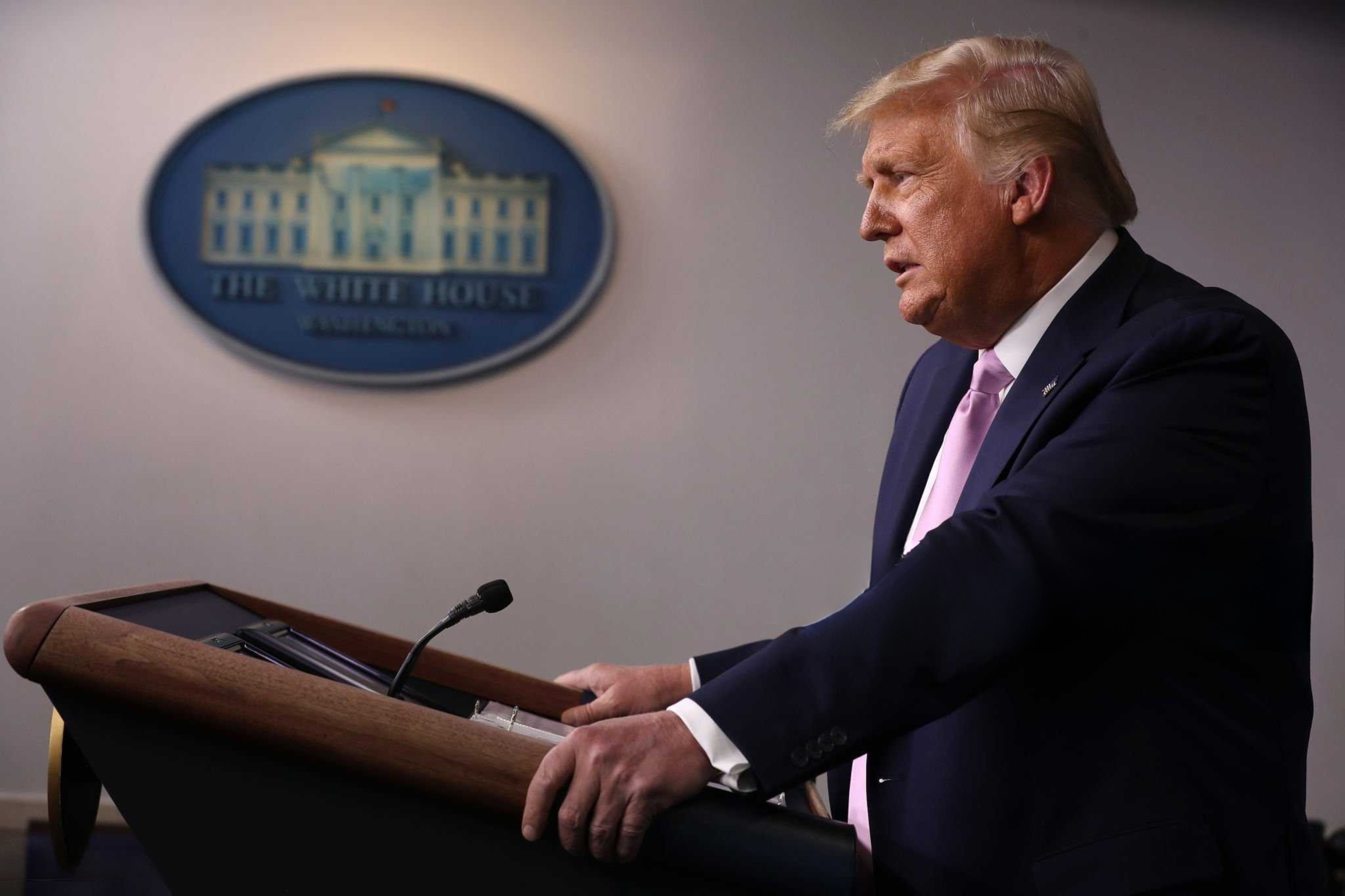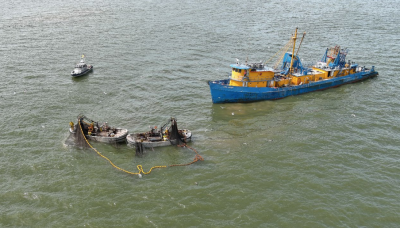In his first hours as 47th President, Donald Trump said he will declare an “energy emergency,” seeking to streamline permitting and expanding drilling for oil and gas, while ending federal leasing for wind energy.
“The golden age of America starts right now,” Trump said after taking the oath of office in the Capitol Rotunda in Washington, D.C., Jan. 20. Trump said he will “reverse all the betrayals…from this moment America’s decline is over.”
Trump said he will declare a “national energy emergency…We will drill, baby, drill.” His administration will reverse mandates and incentives for electric vehicles, he said.
An early summary issued by the White House outlining “first priorities” stated that “President Trump’s energy policies will end leasing to massive wind farms that degrade our natural landscapes and fail to serve American energy consumers.”
In a detailed list the Trump administration itemized about 100 executive actions by former president Joe Biden that it will seek to reverse, ranging from hot-button cultural issues like gender and diversity policies, to offshore energy exploration. Biden had sought to exclude broad areas of the U.S. outer continental shelf from future oil and gas leasing, which under the 1953 Outer Continental Shelf Lands Act could be difficult for a new Trump administration to reverse.
One order temporarily “prevents consideration of any area in the OCS for any new or renewed wind energy leasing for the purposes of generation of electricity or any other such use derived from the use of wind. This withdrawal does not apply to leasing related to any other purposes such as, but not limited to, oil, gas, minerals, and environmental conservation.”
For now, the withdrawal will not affect rights under existing leases in the withdrawn areas, but the Trump administration is requiring “a comprehensive review of the ecological, economic, and environmental necessity of terminating or amending any existing wind energy leases, identifying any legal bases for such removal.” That will bring “a report with recommendations to the President, through the Assistant to the President for Economic Policy.”
Amid promises on border security and crime, Trump in his inaugutal address touched on other maritime issues – insisting that the Gulf of Mexico be renamed the “Gulf of America,” and that the U.S. should resume ownership of the Panama Canal, ceded to Panama in 1999 under terms of a 1977 treaty negotiated by the countries.
“Panama’s promise to us has been broken,” Trump said, repeating his recent claims denied by Panamanian officials that China is exerting control over the 51-mile waterway between the Pacific and Americas.
Trump pressed on his imagery of a new era ahead. Referring to the July 13 assassination attempt on him at a Pennsylvania campaign rally, Trump told the Capitol audience he believes “I was saved by God to make America great again.”
The U.S. offshore industry is still waiting to see details of Trump’s promised orders. His demand to suspend all wind energy leasing could be resisted by Republican and Democratic leaders in states where the industry is generating jobs and investment on land an at sea, from the Texas plains and prairie states to the coasts.
National Ocean Industries Association president Erik Milito said industry members are ready for an “all of the above” energy policy.
“American offshore energy stands as a cornerstone of our nation's greatness. We are committed to working alongside the new administration and Congress to advance all facets of American offshore energy,” said Milito. “Our focus is clear: achieving American energy dominance, driving innovation, ensuring market stability, lowering energy costs for future generations, enhancing national security by reducing foreign energy dependence, and upholding our commitment to responsible environmental stewardship.”
“That ship has sailed. I think that offshore wind is here to stay,” Haaland said, noting that investment has already put “hundreds of millions of dollars into these projects.”







